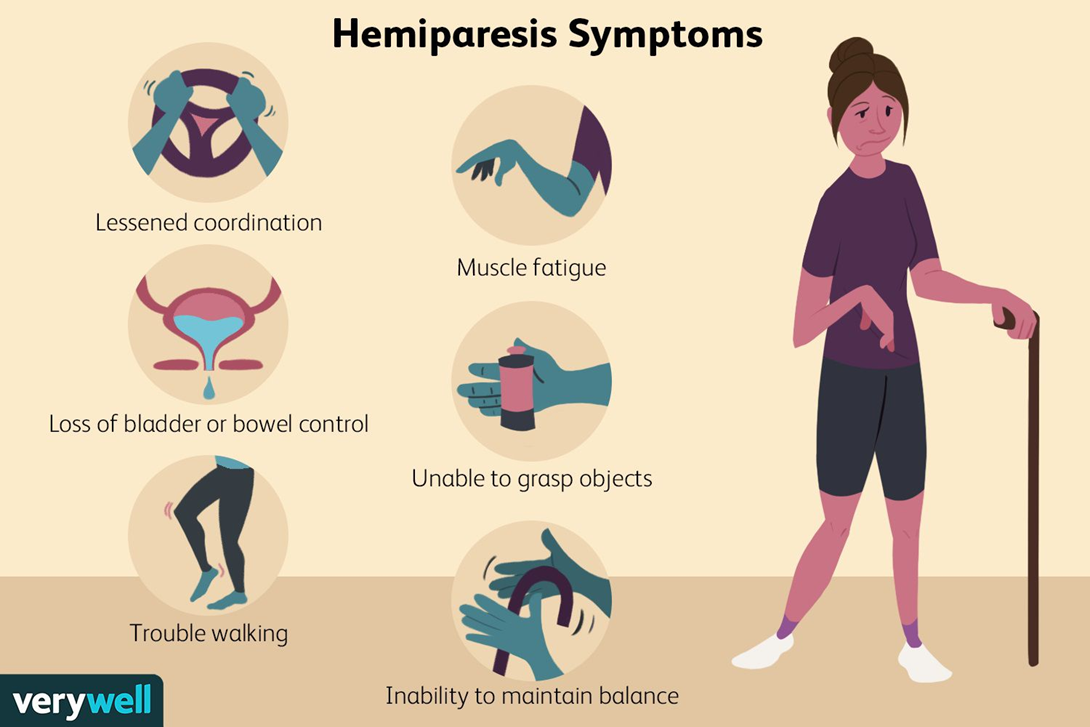A nurse is providing care for a client who has hypomagnesemia. Which of the following actions should the nurse take?
Check the client's deep tendon reflexes every 4 hr.
Encourage the client to consume more fiber.
Restrict the client's fluid intake to 500 mL/day.
Limit sodium-containing foods on the client's meal tray.
The Correct Answer is A
Choice A reason: Checking the client's deep tendon reflexes every 4 hr is a appropriate action for a nurse to take for a client who has hypomagnesemia. Hypomagnesemia is a low level of magnesium in the blood, which can cause neuromuscular excitability and hyperreflexia. The nurse should monitor the client's reflexes for signs of increased or decreased response, which can indicate worsening or improving hypomagnesemia.
Choice B reason: Encouraging the client to consume more fiber is not a relevant action for a nurse to take for a client who has hypomagnesemia. Fiber is beneficial for digestive health and blood glucose control, but it has no direct effect on magnesium levels. The nurse should encourage the client to consume foods that are rich in magnesium, such as green leafy vegetables, nuts, seeds, legumes, and whole grains.
Choice C reason: Restricting the client's fluid intake to 500 mL/day is not a safe or effective action for a nurse to take for a client who has hypomagnesemia. Fluid restriction can cause dehydration, electrolyte imbalance, and kidney damage, which can worsen hypomagnesemia. The nurse should maintain the client's fluid balance and monitor their urine output and specific gravity.
Choice D reason: Limiting sodium-containing foods on the client's meal tray is not a necessary action for a nurse to take for a client who has hypomagnesemia. Sodium is not directly related to magnesium levels, and limiting sodium intake can cause hyponatremia, which is a low level of sodium in the blood. The nurse should ensure that the client receives adequate sodium intake from their diet or supplements.
Nursing Test Bank
Naxlex Comprehensive Predictor Exams
Related Questions
Correct Answer is C
Explanation
Choice A reason: Hypernatremia is not a sign of water intoxication, but rather the opposite condition. Hypernatremia means high sodium levels in the blood, which can occur when the body loses more water than sodium, such as in dehydration, diabetes insipidus, or excessive salt intake. Water intoxication causes hyponatremia, which means low sodium levels in the blood, due to excessive water intake or retention.
Choice B reason: Weak pulses are not a specific sign of water intoxication, but rather a general sign of poor perfusion or circulation. Weak pulses can have many causes, such as hypotension, shock, heart failure, or peripheral vascular disease. Water intoxication can cause hypotension, but it can also cause hypertension, depending on the volume status of the client.
Choice C reason: Muscle weakness is a sign of water intoxication, as it reflects the effect of low sodium levels on the neuromuscular system. Sodium is essential for nerve and muscle function, as it helps generate electrical impulses and contractions. When sodium levels drop too low, the nerves and muscles become less responsive and weaker. Other signs of water intoxication affecting the nervous system include confusion, headache, seizures, and coma.
Choice D reason: Exaggerated reflexes are not a sign of water intoxication, but rather a sign of hyperreflexia, which is a condition of overactive reflexes. Hyperreflexia can have many causes, such as spinal cord injury, stroke, multiple sclerosis, or electrolyte imbalance. Water intoxication can cause electrolyte imbalance, but it usually leads to hyporeflexia, which is a condition of reduced or absent reflexes.

Correct Answer is B
Explanation
Choice A reason: Cheddar cheese is not a good food choice for maintaining water intake, as it contains only about 37% water¹. Cheese and other dairy products are also high in sodium, which can increase the water loss through urine.
Choice B reason: Broccoli is a good food choice for maintaining water intake, as it contains about 89% water². Broccoli and other vegetables are also rich in vitamins, minerals, and antioxidants, which can benefit the child's health and hydration.
Choice C reason: Whole-wheat bread is not a good food choice for maintaining water intake, as it contains only about 35% water³. Bread and other grains are also high in carbohydrates, which can increase the water retention in the body.
Choice D reason: Almonds are not a good food choice for maintaining water intake, as they contain only about 4% water⁴. Almonds and other nuts are also high in fat and calories, which can contribute to weight gain and inflammation.
Whether you are a student looking to ace your exams or a practicing nurse seeking to enhance your expertise , our nursing education contents will empower you with the confidence and competence to make a difference in the lives of patients and become a respected leader in the healthcare field.
Visit Naxlex, invest in your future and unlock endless possibilities with our unparalleled nursing education contents today
Report Wrong Answer on the Current Question
Do you disagree with the answer? If yes, what is your expected answer? Explain.
Kindly be descriptive with the issue you are facing.
